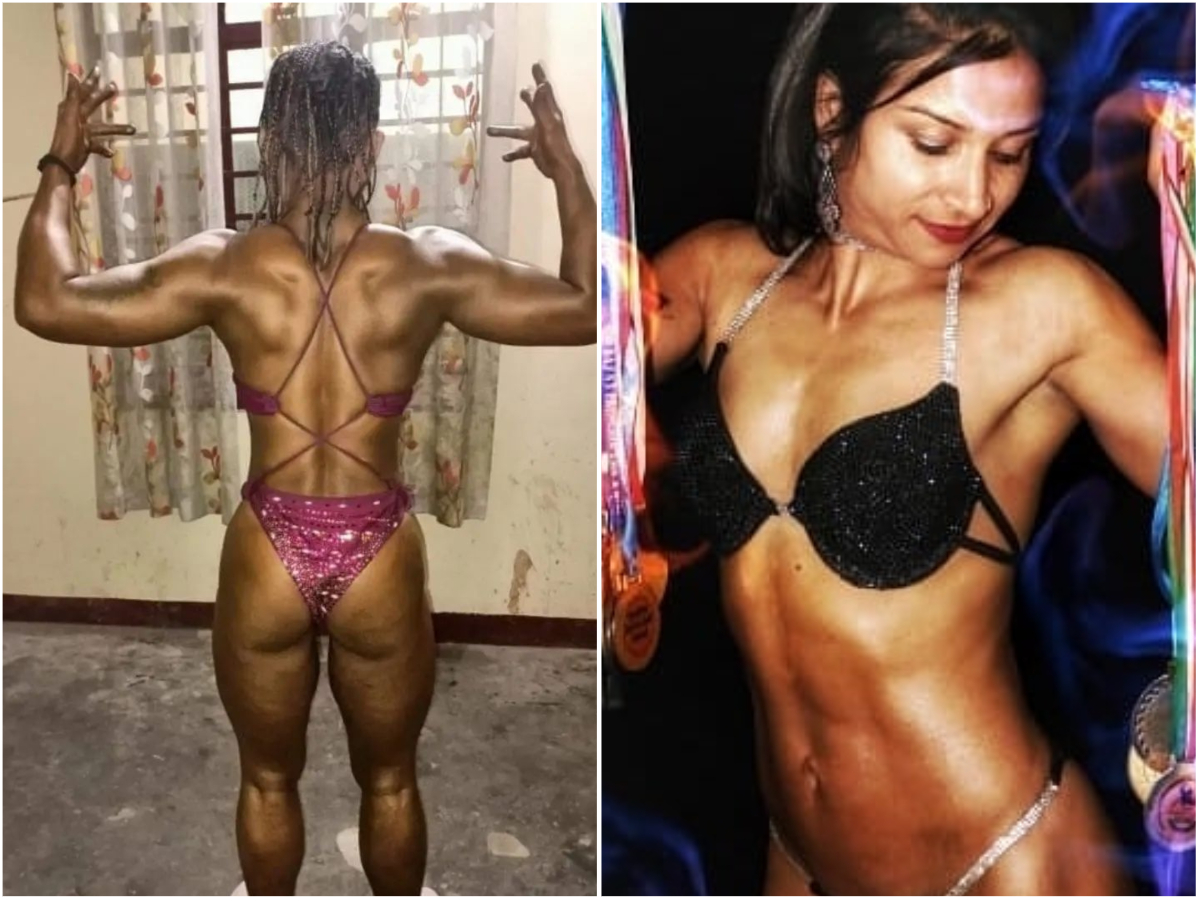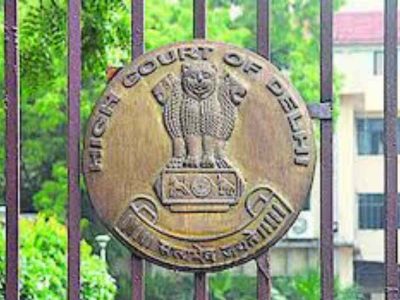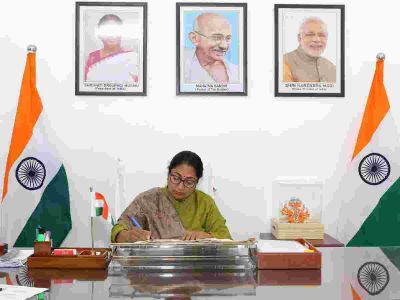Bodybuilding as a profession is both challenging and fulfilling. More often than not, the professionals have to go through a lot of hormonal changes, heart problems, joint pain, and liver and kidney problems due to the usage of muscle-building drugs. It takes a strong passion to persevere through all the trials involved with body sculpting, which can be painful, taxing, and tedious.
For women bodybuilders, the profession becomes even more difficult. Apart from bodily changes that challenge the perception of what a woman’s body looks like, they face social stigma, problems in pregnancy, and eve-teasing. For Cynthia, who has performed all over the country as a professional bodybuilder, the obstacles were many.
“This is all a game of money. Somebody who comes from a humble background cannot survive in this industry. We struggle a lot to get into the industry and spend a lot of money on our bodies. But once we reach there, we see that somebody whom the judges already know wins the game. It becomes so disheartening and frustrating at the same time”, she says.
Cynthia left the profession after she was cheated in a Miss Universe competition. According to her and a fellow bodybuilder Maneka Bhatia, the organisation Indian Bodybuilding and Fitness Federation failed to meet all the promises it made. “They took almost Rs 25,000 from us and made so many promises. None of the promises were fulfilled. Instead of staying in 5-star hotels like they promised, we had to stay in rooms that did not even have a proper AC”, Bhatia says.
Also read: Muscling through obstacles
She adds that the competition did not have any international performers and the title of Miss Universe did not have any weight. “Usually, we perform in Miss Universe after Miss India. But in this competition, we performed Miss Universe before that. Everything looked so fishy and for a very proper reason”, Bhatia says.
Cynthia alleges that there were cases of eve-teasing and cheating regarding the selection of winners. Bhatia and some other professionals took it up legally. “We fought back but the women who were at the receiving end did not speak up for whatever reason, mostly that they were given money to keep shut”, she says.
“If you observe the trend in these games, you will see that those who have been winning for years win these competitions. No newcomer is taken seriously because they don’t have contacts. It’s not really about muscles or your capabilities but how many people you know on the bench that decides the winner”, Cynthia says.
Internal damage
Speaking about the bodily challenges around women bodybuilding, she says “I think it is very important to know about the challenges women face before taking it to bodybuilding professionally. Due to lack of proper knowledge, a lot of them just go to any coach without understanding the requirements that their bodies need. Their bodies get out of proportion because of this. With the usage of heavy steroids, their entire body is damaged and they start to face problems in their monthly periods and even pregnancy”, she says.
She adds that steroids and heavy-lifting also make their body “man-like” due to which they face a lot of social stigma and name-calling. “Because this profession is like this where your entire appearance changes, we have difficulties in getting a marriage proposal and having romantic relationships. A lot of people say that we look like men. Our body and voice become like those of males. Oftentimes, we are called transgenders and what not”, she says.
Speaking on similar lines, Babita Powar, a young woman bodybuilder, says “I participate in competitions where I score brownie points only when I have a masculine body. In competitions like mine, we don’t really have to present ourselves but our muscles, unlike fitness models who have to maintain both appearance and muscles. It gets really tough when we step into a social sphere and people whom we meet every day call us names. Even my colleagues say that I am bulky like men.”
Stigma
Powar adds that there are both negative and positive aspects of bodybuilding. Women professionals benefit in numerous ways, such as feeling more empowered due to their participation in a male-dominated industry. “We get a lot of confidence when people cheer us. Society, at large, is anyway a negative term and we don’t bother about it”, she remarks.
While women who have masculine bodies face relatively severe social stigma, they do not necessarily need to seem “man like” to receive unfavourable social attitudes. Women who compete in the figure class, which place a greater focus on feminine presentation and significantly less on masculinity, also endure widespread stigma and social exclusion.
Maneka Bhatia, who works as a bikini model, faced a lot of societal backlash when she started on her journey. In this category of bodybuilding, participants have to show their toned body with some muscle development in the upper and lower body, which is then followed by a ramp walk in a bikini.
“When I first started, there were many difficulties. In India, people would not want to see a woman wearing a bikini. Due to the nature of my employment, my family first kicked me out of the house. However, the family was accepting of me once I won the first tournament and received recognition. The profession is still seen as lowly by society. Nonetheless. I simply convince myself that I have no control to change it”, she claims.
While these women had to leave their bodybuilding as a profession due to many factors, they continue to work out and spread the message of body positivity and health benefits of studied workouts. Many of them have other businesses and professions. Some work as police officers, some own restaurants, while others work as trainers in their own gyms. All of them share the same love of physical fitness.
Follow us on:
Instagram: instagram.com/thepatriot_in/
Twitter: twitter.com/Patriot_Delhi
Facebook: facebook.com/Thepatriotnewsindia





